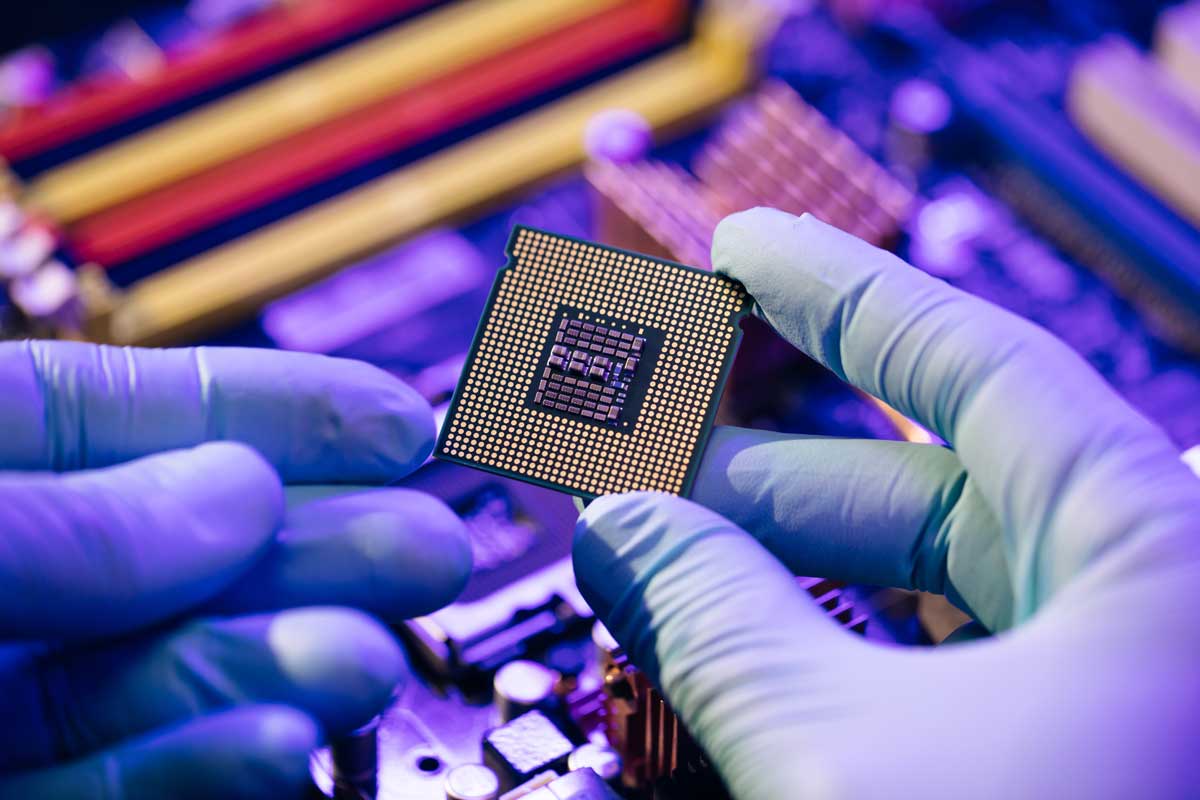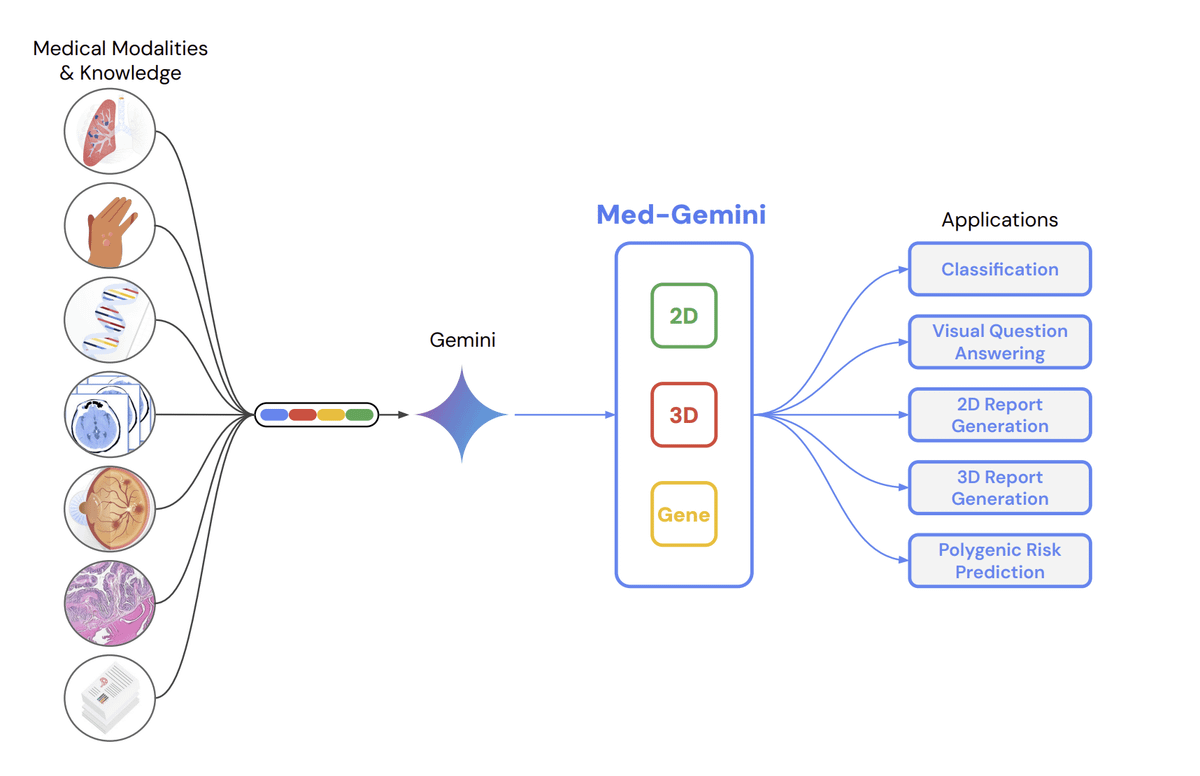Meta, the tech giant responsible for Facebook, Instagram, and WhatsApp, is making waves in the world of artificial intelligence with the development of its custom AI chip, codenamed “Artemis”. This move signifies a bold step towards reducing reliance on Nvidia hardware for data center operations and carving a unique path in the ever-evolving AI landscape.
Breaking Free from the GPU Giant
For years, Meta, like many other tech companies, has heavily relied on Nvidia’s Graphical Processing Units (GPUs) to power its AI workloads. While GPUs excel at specific tasks, they aren’t always the most cost-effective or efficient solution for all AI applications. Enter Artemis, a chip specifically designed for Meta’s AI needs. This tailored approach promises several potential benefits:
- Cost Savings: Meta can bypass the middleman and potentially save millions on chip purchases and energy consumption.
- Optimized Performance: Building a chip from the ground up allows for fine-tuning to specific AI tasks, leading to increased performance and efficiency.
- Greater Control: With Artemis, Meta gains more control over its AI infrastructure, potentially accelerating innovation and development cycles.
Beyond Nvidia: A Broader AI Vision
While reducing reliance on Nvidia is a key driver, Artemis represents a broader vision for Meta’s AI ambitions. The chip’s focus on “inference” tasks (using trained models to generate responses or predictions) hints at future iterations tackling “training” as well. This could create a comprehensive AI ecosystem within Meta, independent of external hardware vendors.
The Ripple Effect: Industry Implications
Meta’s foray into custom AI chips has the potential to send shockwaves through the industry. If successful, it could prompt other tech giants to follow suit, leading to a diversification of AI hardware players. This shift could foster even faster innovation and competition, ultimately benefiting the advancement of AI technology as a whole.
Beyond the Hype: Questions to Ponder
While the potential of Artemis is undeniable, some questions remain:
- Can Meta successfully compete with established chipmakers like Nvidia?
- Will Artemis offer benefits beyond cost savings and justify the development effort?
- How will this impact the wider AI hardware market and its future trajectory?
Only time will tell how the story of Artemis unfolds. One thing is certain: Meta’s bold move has sparked a conversation about the future of AI hardware and its potential to power the next wave of technological advancements.






Leave A Comment